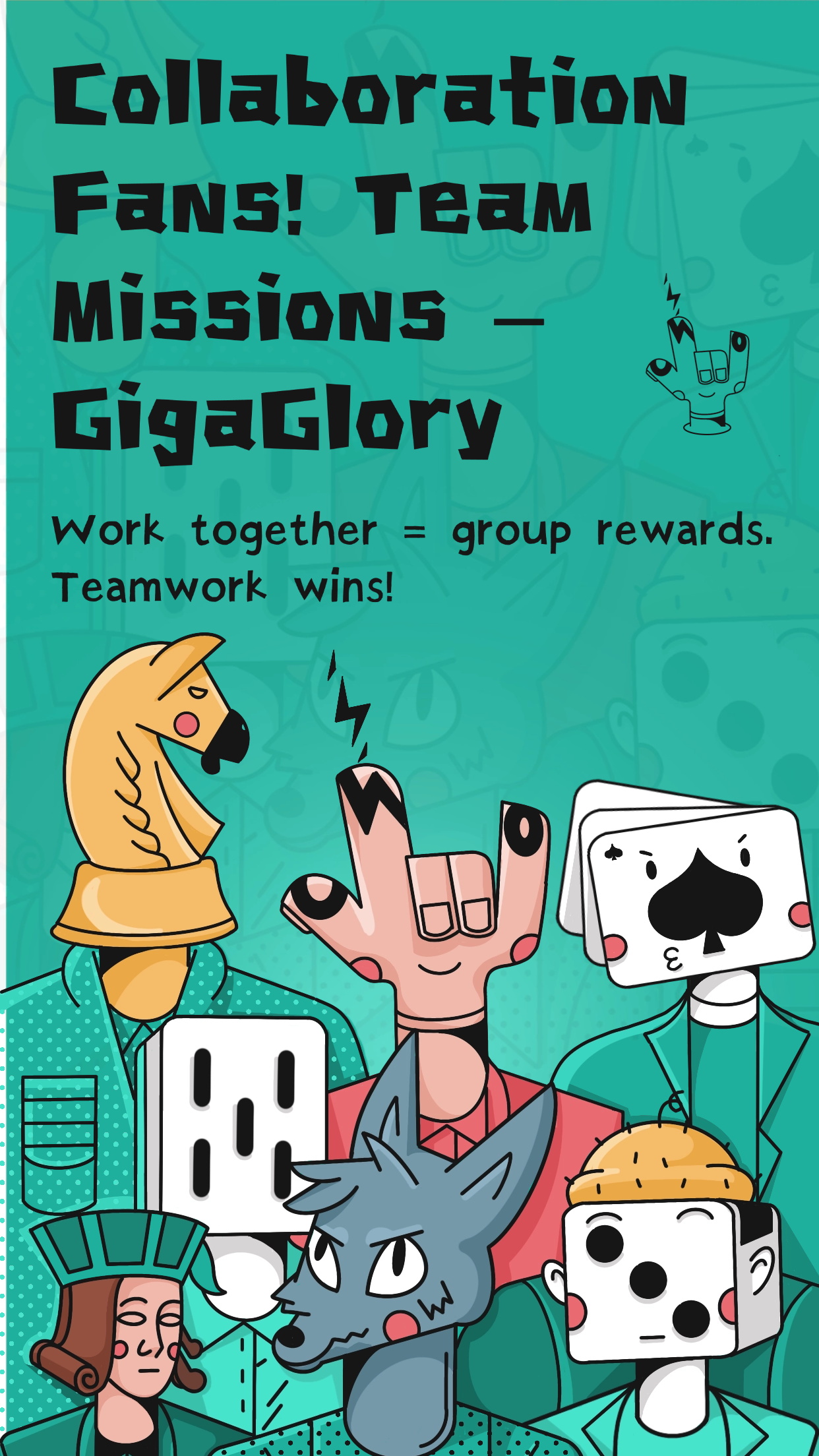How Idle Games Are Revolutionizing Learning: The Rise of Educational Games
In the fast-paced world we live in, where attention spans are shrinking faster than ever, traditional learning tools often seem ineffective. But fear not! The advent of idle games is changing the landscape of education. These games, once considered mere timewasters, are gaining recognition as powerful educational tools, capturing the hearts of students and educators alike. Let’s explore how educational games, particularly idle games, are revolutionizing the way we learn.
What Are Idle Games?
Idle games, also known as clicker games or incremental games, allow players to make progress without continuous active involvement. Players usually set up their game strategy and let it run, gradually earning resources or unlocking new levels. The appeal lies in the satisfaction of watching numbers grow over time, and recent studies suggest that this engaging format can be harnessed for educational purposes.
The Rise of Educational Idle Games
Educational games are no longer a novel concept; they've evolved significantly over the years. However, the integration of idle mechanics brings a fresh twist to learning. Games that incorporate puzzle kingdoms random crash elements or similar dynamics create unique learning experiences that stimulate cognitive functions while keeping learners engaged.
Why Are Idle Games Effective in Learning?
- Engagement: Idle games attract players with their fun mechanics.
- Self-Paced Learning: Players can progress independently, allowing for personalized learning.
- Instant Rewards: The immediate feedback loop reinforces learning and motivation.
The Mechanics of Educational Games
Understanding the mechanics behind educational games helps in recognizing their potential. By introducing challenges and puzzles, these games create an environment where players can improve critical thinking, problem-solving skills, and even collaboration among peers.
The Benefits of Gamification in Education
Gamification turns mundane tasks into exciting challenges. By integrating gaming elements into educational contexts, learning becomes a compelling experience. Here are some benefits:
| Benefit | Description |
|---|---|
| Increased Motivation | Games inspire students to engage more deeply with the material. |
| Enhanced Retention | Players are more likely to remember information acquired through games. |
| Collaboration | Many idle games encourage teamwork, fostering social skills. |
Key Features of Effective Educational Idle Games
Not all idle games are created equal. Here are some key features to look for:
- Clear Learning Objectives: Align the game’s purpose with educational goals.
- Challenge Levels: Offer graduated levels of difficulty to cater to various skill sets.
- Feedback Mechanisms: Provide immediate responses to actions taken in-game.
Examples of Idle Games for Learning
Wondering which games to try? Here are some recommendations:
- Learn to Code: Players build programs in an incremental manner.
- Math Quest: Solve puzzles and unlock treasures.
- Eco Tycoon: Develop sustainable practices through gameplay.
Incorporating Educational Games in Classrooms
Teachers can leverage the power of idle games effectively by integrating them into the curriculum:
- Introduce games during relevant lessons to reinforce concepts.
- Encourage group play to stimulate discussion and teamwork.
- Utilize game outcomes for assessments and feedback.
Good RPG Games for Xbox in an Educational Context
While the focus is on idle games, other genres like RPGs can also be beneficial. Many of them offer rich storytelling and problem-solving scenarios. For instance, discovering good RPG games for Xbox that promote critical thinking can serve as an entertaining and educational alternative.
The Psychological Aspect of Game-Based Learning
Engaging in idle games taps into intrinsic motivations, allowing learners to feel a sense of achievement. The psychological benefits are vast; students often experience heightened focus and improved emotional regulation while gaming. It’s no surprise that teachers are becoming advocates for integrating games into their lesson plans.
Challenges of Implementing Idle Games in Education
Despite the added value of idle games, challenges exist:
- Overemphasis on Winning: Some students may focus too much on competition rather than learning.
- Tech Accessibility: Not all students have consistent access to gaming tools.
- Distraction Risks: The allure of games can sometimes lead to off-task behavior.
Conclusion
The role of idle games in education signifies a transformative shift in learning methodologies. By leveraging the engaging aspects of gaming, educators can foster an environment where students are more eager and capable of mastering concepts. It's time to embrace idle games, not just as a source of entertainment but as a valid educational tool that equips students with the skills they need for the future. So, let’s gear up for a gamified revolution in our classrooms and watch our students thrive!



